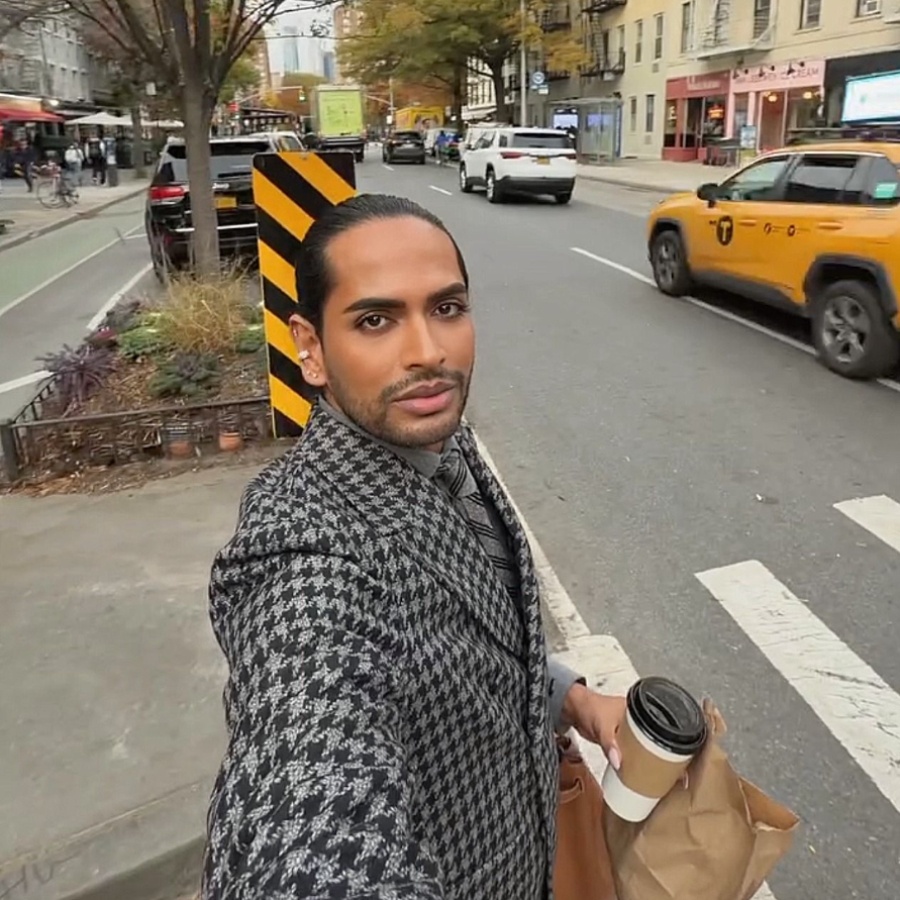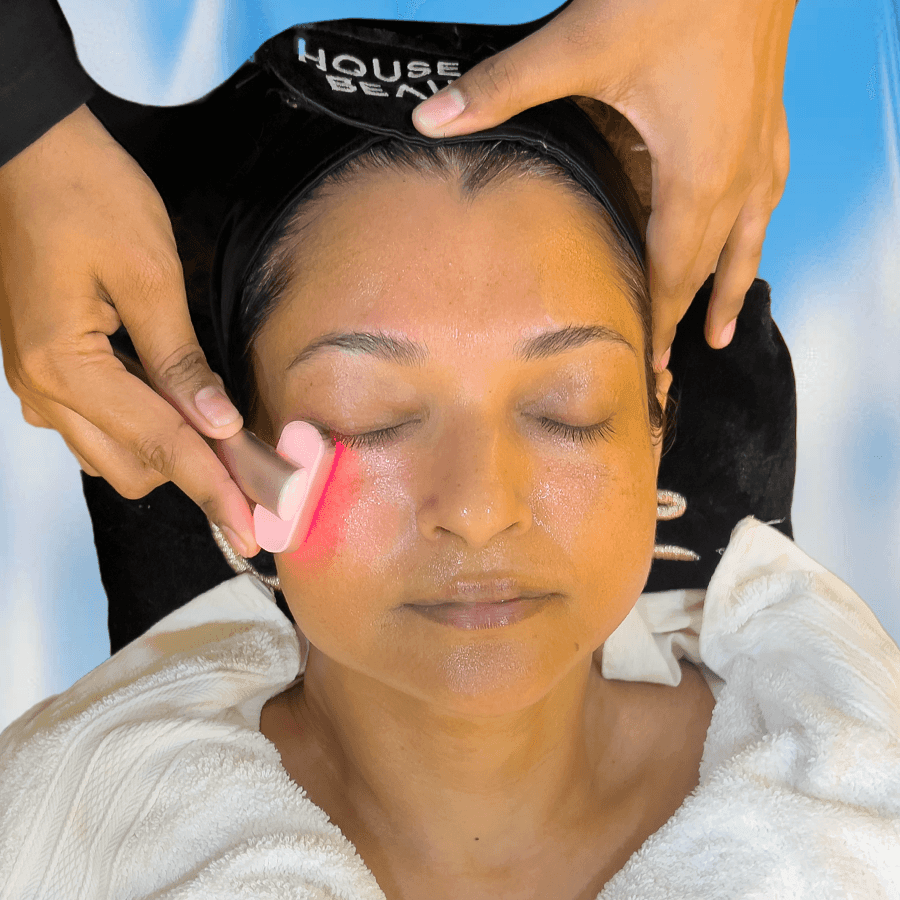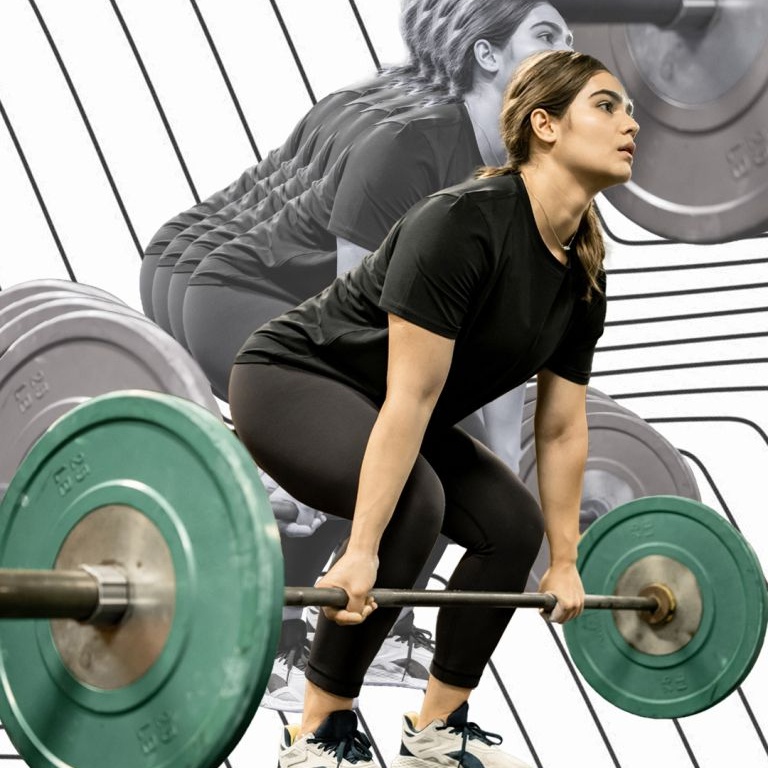Picture this. You’re in your mid-30s. Typically the age you’d be hustling and ‘climbing the professional ladder’ while perhaps laying the groundwork for a future family. But you’re blindsided by menopause, which you weren’t expecting for another 10 years at least. It’s not just about hot flashes and mood swings like the punchlines would have you believe. It’s a cascade of challenges—infertility, cognitive hurdles, heart issues, and brittle bones—that upend your life in many ways.
For Vannee Jaising, it signalled the start of prolonged psychological distress. At 37, the Mumbai-based numerologist was confronted with a stark reality. “My husband and I were actively trying to conceive at that time, but it seemed futile,” recounts Jaising, who underwent tests that revealed her left ovary was deteriorating, leading to premature menopause. Three cycles of IVF, three miscarriages, and years of physical, mental and emotional trauma later, she had twins. A happy end, but she recalls the time preceding it as “possibly the worst period of my life.”
Aside from unexpected physiological changes, early menopause can be incredibly isolating. “I felt like I was losing my mind,” said actor Naomi Watts, who was one of the first well-known names to openly speak of her struggles with early menopause, which hit her at age 36.
Premature menopause (when menopause begins in your 30s) and early menopause (between 40 and 45 years) are not new to Indian women. In fact, “Indian women undergo natural menopause much earlier than their global counterparts,” says Dr Sukhpreet Patel. The Canada-based fertility expert, who founded MenopauseWize, a digital community of experts to support menopausal women last November, quotes a 2016 study saying, “the average global age at menopause is 51 years as opposed to 46.2 years among Indian women.”
Lifestyle playing villain
What’s really changed in recent years is that we’re finally recognising lifestyle as a significant player in this equation. Low body mass index (BMI) for example, has been linked to early menopause. “This may be unintentional due to poverty and malnutrition, or deliberate weight loss to keep up with societal pressure to look a certain size,” Dr Patel explains, warning against food fads and diets.
Crash diets not only deprive the body of vital nutrients but also rob it of essential fat, leading to hormonal imbalances and early-onset menopause. “Low cholesterol levels impact the production of oestrogen, and when the ovaries do not produce enough of this primary sex hormone, women go into menopause,” adds Dr Meghna Thacker, an Arizona-based author and naturopath, who has an extensive client base in India. Thacker adds that she's seen an increase in her younger women patients coming in with a myriad of symptoms—from night sweats to hair loss, insomnia, mood swings, and depression. “There are just so many more factors to consider these days,” she says, like sneaky environmental toxins that could also be throwing off health markers. “Our food supply is often tainted with pesticides, hormones, and genetically modified organisms (GMOs), which can significantly impact our health, in particular the sex hormones,” Dr Thacker adds.
Additionally, women who smoke hit menopause on average, about one to two years earlier than non-smokers. Considering the number of female smokers globally, its impact on menopause will become more obvious a decade or two later, says Dr Patel.
The way ahead
Treatment-wise, hormone replacement therapy remains a popular choice for managing menopausal symptoms, in addition to reducing the risk of developing dementia. But there’s growing recognition that lifestyle adjustments can offer significant benefits, particularly when other underlying medical or genetic factors are ruled out. “A balanced diet, regular and moderate exercise, getting adequate sleep, stress coping measures, and avoiding tobacco and excessive alcohol consumption would be on top of my list,” advises Dr Patel.
In addition to medical practitioners, it’s now becoming increasingly important to include lifestyle experts (such as physical trainers, acupuncture specialists, alternative healers, and nutritionists) in the conversation. “My yoga practice is, in fact, what kept me sane for the two years I experienced menopause,” says pranic healer Rupal Patel, who was diagnosed with menopause at 41. “I was the first among my girlfriends to experience the symptoms and it took a whole lot of grounding work for me to manage these, especially since support during this period is pretty much superficial.”
Of course, there is no guaranteed way to prevent early menopause, but as Dr Patel says, “living a healthy lifestyle has no real downside.” And if there is a good chance it could keep you from experiencing menopause when you’re too young to have to deal with the consequences, switching up your daily routine is definitely worth the effort.




